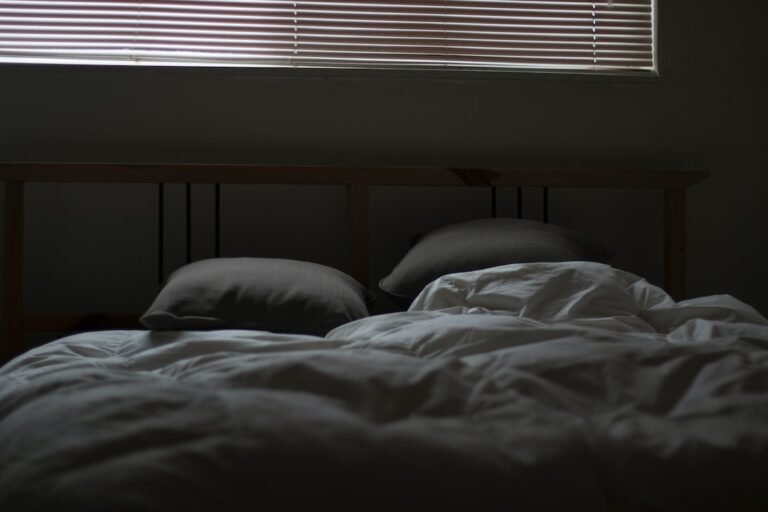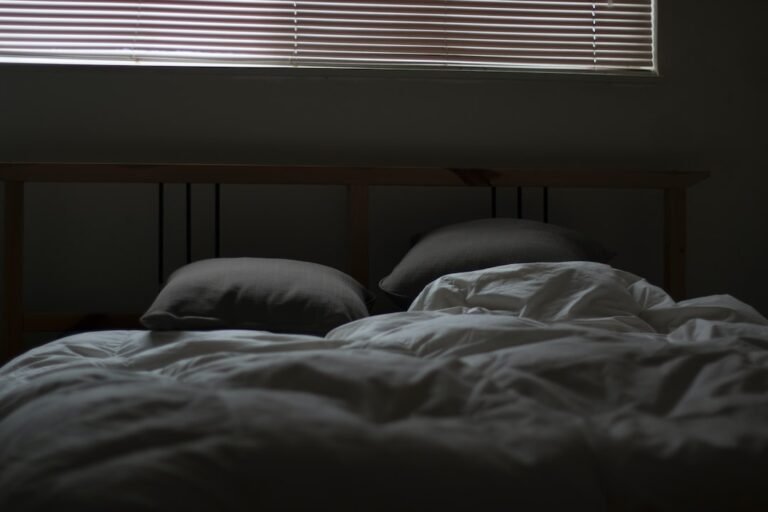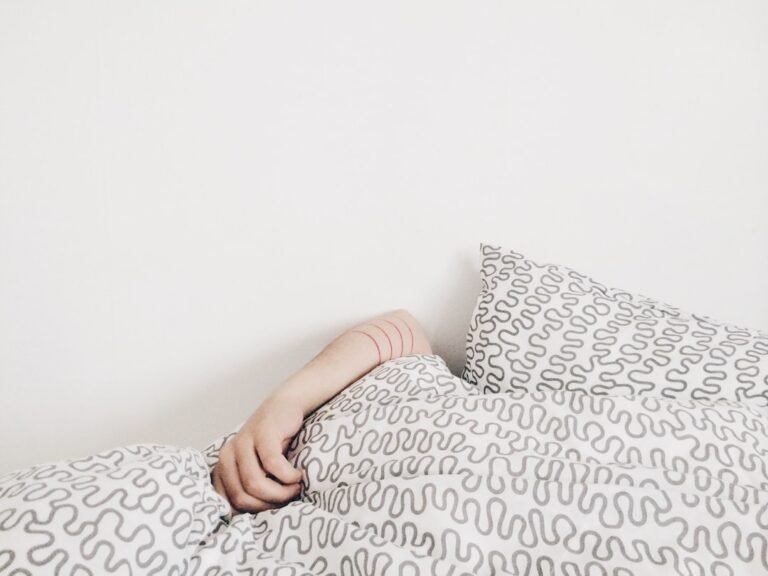Sweet Dreams: How CBD Can Help Support a Restful Night’s Sleep
Sleep is a fundamental aspect of our lives that is often overlooked. It is essential for our physical and mental health, as well as our overall well-being. Unfortunately, many people struggle with sleep disorders or have difficulty falling asleep and staying asleep. This can have a significant impact on their quality of life and overall health.
Sleep plays a crucial role in the body’s ability to repair and regenerate itself. During sleep, the body releases hormones that promote tissue growth and repair, strengthen the immune system, and regulate metabolism. Lack of sleep can lead to a weakened immune system, increased risk of chronic diseases such as diabetes and heart disease, and impaired cognitive function.
In addition to its physical benefits, sleep is also vital for mental health. It helps regulate mood, reduce stress, and improve cognitive function. Lack of sleep can contribute to anxiety, depression, and other mental health disorders.
Given the prevalence of sleep disorders and the impact they can have on our health, it is crucial to find effective treatments that can help improve sleep quality and duration.
Understanding CBD: What is it and How Does it Work?
CBD, short for cannabidiol, is a compound derived from the cannabis plant. Unlike THC (tetrahydrocannabinol), another compound found in cannabis, CBD does not have psychoactive effects. This means that it does not produce a « high » or alter one’s state of mind.
CBD interacts with the body’s endocannabinoid system (ECS), which plays a role in regulating various physiological processes such as sleep, mood, appetite, and pain sensation. The ECS consists of cannabinoid receptors located throughout the body, including the brain.
When CBD is consumed, it interacts with these receptors, helping to regulate the body’s natural processes. It can help reduce inflammation, alleviate pain, promote relaxation, and improve sleep quality.
The Science Behind CBD and Sleep: How CBD Affects Our Bodies
Research on CBD and sleep is still in its early stages, but preliminary studies have shown promising results. One study published in the journal Medicines found that CBD improved sleep quality and reduced anxiety in individuals with insomnia. Another study published in the Journal of Clinical Psychology found that CBD reduced anxiety and improved sleep in individuals with post-traumatic stress disorder (PTSD).
CBD has also been found to have sedative effects, which can help promote sleep. A study published in the Journal of Psychopharmacology found that CBD increased total sleep time and reduced the number of awakenings during the night in individuals with insomnia.
CBD may also help regulate sleep-wake cycles. A study published in the journal Frontiers in Pharmacology found that CBD increased wakefulness during the day and reduced wakefulness at night in rats. This suggests that CBD may help promote a more regular sleep-wake cycle.
The Benefits of Using CBD for Sleep: How it Can Help Improve Sleep Quality
Using CBD for sleep can have several potential benefits. One of the main benefits is its ability to reduce anxiety, which is a common cause of sleep disturbances. CBD has been shown to have anxiolytic (anti-anxiety) effects, helping to promote relaxation and reduce feelings of stress.
CBD can also help alleviate pain, which can interfere with sleep. Chronic pain conditions such as arthritis, fibromyalgia, and migraines can make it difficult to fall asleep and stay asleep. CBD has been found to have analgesic (pain-relieving) effects, helping to reduce pain and improve sleep quality.
In addition to reducing anxiety and pain, CBD may also help improve sleep quality by promoting relaxation and reducing insomnia symptoms. A study published in the journal Current Psychiatry Reports found that CBD improved sleep scores in individuals with anxiety and insomnia.
Types of CBD Products for Sleep: Which Ones Are Best for You?
There are several different types of CBD products available for sleep, including oils, capsules, and gummies. Each type has its own pros and cons, and the best one for you will depend on your personal preferences and needs.
CBD oils are one of the most popular options for sleep. They are easy to use and can be taken sublingually (under the tongue) or added to food or beverages. CBD oils are absorbed quickly into the bloodstream, providing fast-acting relief. However, they can have a strong taste that some people may find unpleasant.
CBD capsules are another option for sleep. They are convenient and easy to dose, as each capsule contains a specific amount of CBD. Capsules are tasteless and can be taken with water or food. However, they may take longer to take effect compared to oils.
CBD gummies are a popular choice for those who prefer a more enjoyable way to consume CBD. They come in various flavors and are easy to dose. However, they may contain added sugars and other ingredients that may not be suitable for everyone.
How to Use CBD for Sleep: Dosage and Timing Recommendations

When using CBD for sleep, it is important to find the right dosage and timing that works best for you. The optimal dosage will vary depending on factors such as body weight, metabolism, and the severity of your sleep issues.
It is recommended to start with a low dosage and gradually increase it until you achieve the desired effects. This allows you to find the minimum effective dose while minimizing the risk of experiencing side effects.
The timing of when you take CBD can also affect its effectiveness for sleep. Some people find that taking CBD about an hour before bedtime helps promote relaxation and improve sleep quality. Others may prefer to take it earlier in the evening to help reduce anxiety and stress before bedtime.
It is important to note that CBD may interact with certain medications, so it is always best to consult with a healthcare professional before starting any new supplement.
Potential Side Effects of CBD: What to Look Out For
While CBD is generally considered safe, it can cause some side effects in some individuals. Common side effects include dry mouth, dizziness, drowsiness, and changes in appetite or weight. These side effects are usually mild and temporary, but if they persist or worsen, it is recommended to reduce the dosage or discontinue use.
To minimize the risk of experiencing side effects, it is important to start with a low dosage and gradually increase it as needed. It is also important to choose high-quality CBD products from reputable brands that undergo third-party testing for purity and potency.
CBD vs. Other Sleep Aids: How CBD Compares to Traditional Sleep Medications
CBD offers several advantages over traditional sleep medications such as benzodiazepines and antihistamines. Unlike these medications, CBD is non-addictive and does not cause dependence or withdrawal symptoms. It also does not have the same risk of overdose or respiratory depression.
CBD is also generally well-tolerated and has a better safety profile compared to many prescription sleep medications. Traditional sleep medications can cause a range of side effects, including daytime drowsiness, dizziness, confusion, and memory problems.
However, it is important to note that CBD may not be suitable for everyone. It may interact with certain medications, so it is always best to consult with a healthcare professional before starting any new supplement.
Frequently Asked Questions About CBD and Sleep
1. Is CBD legal?
CBD derived from hemp containing less than 0.3% THC is legal at the federal level in the United States. However, laws regarding CBD vary from state to state, so it is important to check your local laws before purchasing or using CBD products.
2. Can I become addicted to CBD?
CBD is non-addictive and does not cause dependence or withdrawal symptoms. It does not produce a « high » or alter one’s state of mind like THC.
3. How long does it take for CBD to work for sleep?
The onset of effects can vary depending on the individual and the method of consumption. Sublingual administration (under the tongue) typically provides faster results compared to oral ingestion.
Sweet Dreams with CBD
In conclusion, sleep is essential for our overall health and well-being. Lack of sleep can have a significant impact on our physical and mental health. CBD offers a natural and potentially effective solution for improving sleep quality and duration.
CBD interacts with the body’s endocannabinoid system, helping to regulate various physiological processes including sleep. Research has shown that CBD can reduce anxiety, alleviate pain, promote relaxation, and improve sleep quality.
There are several types of CBD products available for sleep, including oils, capsules, and gummies. Each type has its own pros and cons, and the best one for you will depend on your personal preferences and needs.
When using CBD for sleep, it is important to find the right dosage and timing that works best for you. It is also important to choose high-quality CBD products from reputable brands that undergo third-party testing.
While CBD is generally considered safe, it can cause some side effects in some individuals. It is important to start with a low dosage and gradually increase it as needed to minimize the risk of experiencing side effects.
Overall, CBD offers a natural and potentially effective alternative to traditional sleep medications. It is non-addictive, has a better safety profile, and does not cause dependence or withdrawal symptoms. If you are struggling with sleep issues, it may be worth considering CBD as a natural sleep aid.







